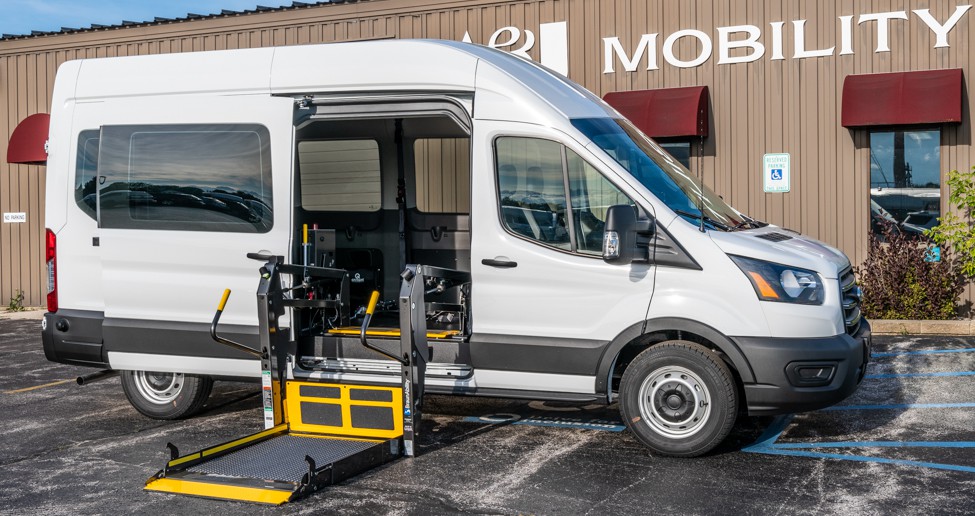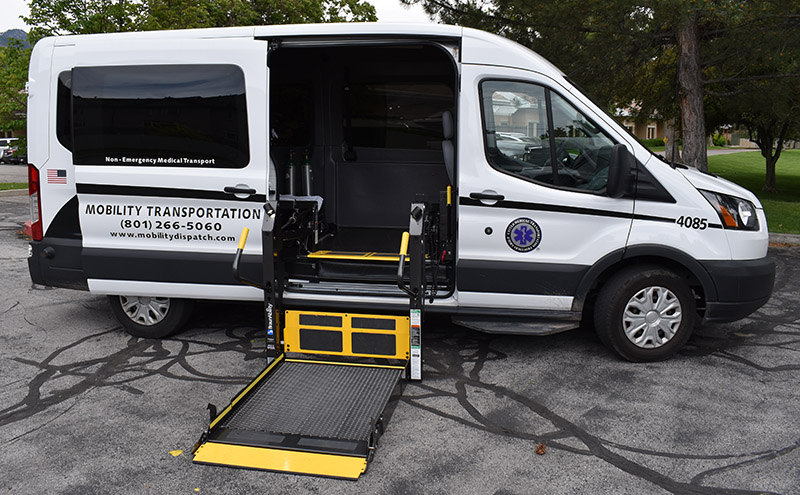Streamlined Medical Transportation: Making Healthcare Accessible for All
Streamlined Medical Transportation: Making Healthcare Accessible for All
Blog Article
Economical and Accessible Medical Transportation Options for each Scenario
In the realm of healthcare, the capability to access clinical solutions is critical, yet the difficulty of economical and obtainable transportation can often hinder individuals from getting needed treatment. By discovering specialized clinical transport services, community transportation programs, ride-sharing and taxi services, non-emergency medical transportation, as well as public transportation and paratransit alternatives, people can find avenues that provide to their specific needs and guarantee they obtain the treatment they require.
Specialized Medical Transportation Services
Specialized medical transport services play a crucial role in making sure safe and effective transport for people calling for specialized treatment throughout transportation. These solutions accommodate patients with special medical demands, such as those requiring consistent surveillance, specialized equipment, or medical treatments throughout transport. By using specially equipped cars and qualified medical employees, specialized clinical transport solutions make sure that clients get the necessary care while being delivered in between health care centers, houses, or various other locations.
One trick aspect of customized clinical transport solutions is the focus on individual convenience and safety. Medical transportation groups are educated to deal with different clinical conditions and emergencies that might emerge during transit, offering a higher degree of treatment than traditional transportation choices. In addition, these solutions frequently supply door-to-door assistance, decreasing the stress and anxiety and pain that individuals might experience throughout transfers.
Neighborhood Transportation Programs
Having actually attended to the crucial role of specific medical transport solutions in making certain risk-free and effective transport for individuals with distinct clinical needs, the emphasis now shifts to examining Area Transport Programs - medical transportation. These programs play an essential function in providing cost effective and available transport options for the general population, consisting of elders, individuals with handicaps, and low-income family members who might face obstacles in accessing traditional transport alternatives
Community Transportation Programs include a range of services such as fixed-route buses, paratransit services, volunteer motorist programs, and ridesharing initiatives. These programs are often supported by city governments, non-profit organizations, or personal business to make certain that people have trustworthy transportation options to get to clinical consultations, grocery stores, social activities, and other vital locations.
Ride-Sharing and Taxi Providers

One of the crucial benefits of ride-sharing and taxi solutions is their accessibility. These services operate 24/7, enabling individuals to take a trip to clinical consultations, drug stores, or healthcare facilities at any time of the day. Furthermore, ride-sharing and taxi solutions accommodate individuals with wheelchair challenges by offering wheelchair-accessible vehicles upon demand.
In addition, ride-sharing and taxi services can be specifically helpful for people residing in locations with restricted public transport options. By linking the void in between home More hints and health care facilities, these services play a critical duty in ensuring that every person has accessibility to crucial clinical solutions.
Non-Emergency Medical Transportation

Non-Emergency Medical Transport suppliers generally utilize qualified personnel that are experienced in assisting individuals with varying clinical requirements. By providing door-to-door service, Non-Emergency Medical Transport improves the overall availability of healthcare for people who might or else battle to go to vital clinical visits.
Public Transit and Paratransit Options
Public transit and paratransit options offer essential transportation solutions for people with differing wheelchair needs, ensuring accessibility to vital destinations such as medical centers and consultations. Public transportation systems, including buses, trains, and metros, supply a cost-effective and extensively available mode of transport Web Site for individuals seeking to reach clinical consultations. These services are particularly valuable for those who may not have access to exclusive automobiles or call for assistance because of wheelchair difficulties.
Paratransit services provide specifically to people with disabilities that are incapable to utilize traditional public transportation. These solutions use door-to-door transport, fitting individuals with wheelchairs, walkers, or various other wheelchair aids. Paratransit automobiles are outfitted with functions such as mobility device ramps and securement systems to make sure the risk-free and comfortable transport of passengers with varying wheelchair demands.

Final Thought

Report this page